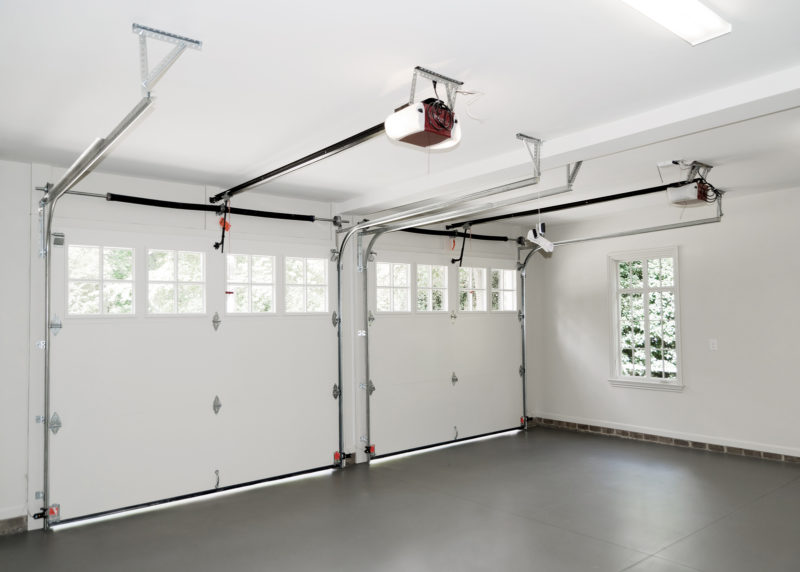If you have an attached garage at your Glencoe, Illinois, home, you probably love having the extra storage space. However, some HVAC issues can come with an attached garage, some of which you may not even realize are impacting your home’s heating and cooling comfort .
Heat and Cold Transfer
The garage may have some insulation, but most builders keep it pretty simple when it comes to insulating the walls. Older homes might not have any insulation in the exterior walls, instead using only radiant sheathing or outdoor siding and a layer of particle board. As a result, the garage tends to feel very cold during the winter months and hot in the summer. When you open the door to get into your home, the air flows into the space and alters the interior temperature, requiring more energy to heat or cool your house.
Adding insulation to the exterior walls isn’t too difficult, but hiring a professional will ensure that the proper R-value insulation is used between the joists. You can also opt for blown insulation, which is blown through a small hole in the drywall of the ceilings and sides.
Air Quality
The air quality in your garage can also impact the quality of the air you breathe in your home. Carbon monoxide from your car, residue from pesticides, solvents, and other fumes can seep through small cracks or holes in the walls of the garage. Air can also go through the door anytime it’s open for people to come in or out. If you have a pet door on the interior garage door, the opening will also allow for polluted air to enter.
Poor air quality can cause health symptoms like congestion, headaches, and sore throats. Using a garage ventilation system can help vent the air to the outside instead of allowing it into your home. Professional air duct cleaning service can also eliminate contaminants and ensure that the air you breathe is clean and healthy.
Schedule a duct cleaning service and improve indoor air quality by calling our professionals at Ireland Heating & Air Conditioning Co. at 847-388-0108.
Image provided by Bigstock



